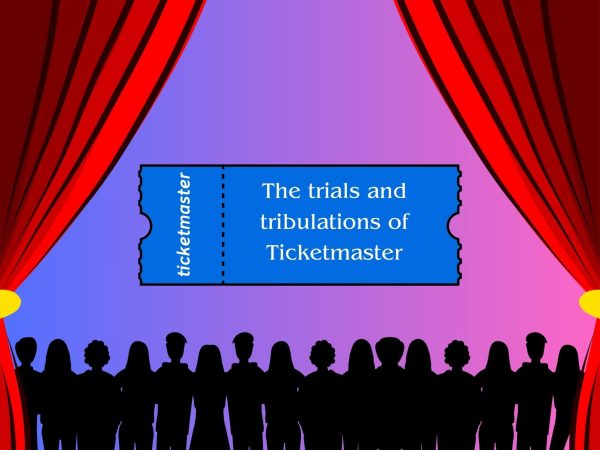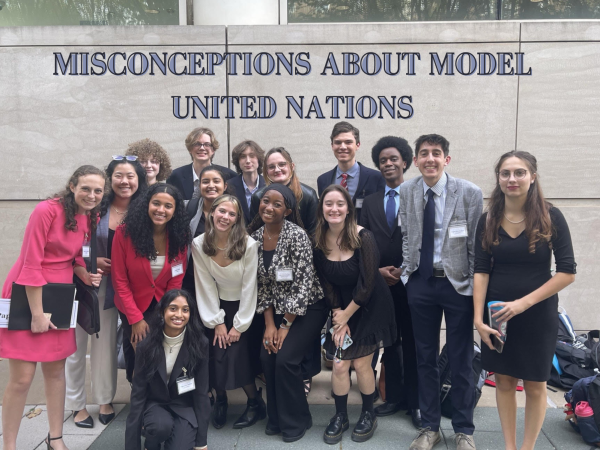Dear Teachers,
November 22, 2020
We have tried. Everyone across the world faced innumerable unprecedented challenges in 2020. We all started by ringing in the new year surrounded by friends and family embracing a year of new possibilities. No one, not even the Simpsons, could have predicted what 2020 would eventually spiral into. Forest fires, COVID-19, murder hornets, and racial injustice sent the nation into a frenzy. The challenges joined forces to create an infamous year.
COVID-19 hit high school students particularly hard as the fatal pandemic ripped students from their classrooms and daily routine, forcing them to learn from behind computer screens. The short four years spent in high school constitute pivotal times in one’s life, teenagers establish relationships and make decisions that inevitably shape their future. Instead of spending their 720 days as high schoolers enjoying life and making memories to last a lifetime, highschoolers now find themselves suffocating underneath the pressure placed on them by COVID-19. 2020 stole the innocence rooted deep within highschoolers presenting them with problems they could not solve with their trusty calculators.
One by one, American high schools began closing their doors in mid-March. Although each school created unique remote learning plans, the majority of American highschoolers found themselves emerged in the realm of digital learning. This sudden transition to virtual learning negatively affected students across the country. Students watched their motivation deteriorate as they logged on to daily classes on Zoom. These impersonal classes left students experiencing feelings of loneliness and isolation. Additionally, students began to struggle in subjects they usually passed with flying colors.
“Online school has made me more stressed and sad, I’ve been feeling extremely lonely without any social interaction. When it comes to motivation I get small bursts of energy, but most of the time I can’t bring myself to complete assignments,” NC senior Emma Tounge said.
Zoom’s revolutionary multimedia technology allows students to communicate and converse with teachers. However, it does not allow them to foster connections and create relationships with teachers, a vital aid in succeeding in a course.
Throughout the duration of virtual learning, a multitude of students learned from the comfort of their beds. What seemed like the ideal location to join classes and complete homework, lead to students’ lack of motivation and their diminishing GPA’s. Professionals proved that studying in bed encourages laziness and leads to students declining grades and weakened focus. Students constantly received numerous assignments from each of their teachers. This accumulated work piled up and created a stressful state of mind. Although students knew missing assignments would negatively affect their grades, many struggled to muster up enough motivation to complete assignments on time.
Tests and quizzes always create momentous challenges in students’ high school careers. When testing online, the task becomes even more daunting. Students face numerous distractions such as barking dogs, crying siblings, computer glitches, and loud working parents. These distractions combine to weaken students’ academic performances.
Online school creates multiple barriers concerning the removal of face-to-face instruction and interaction. Students find it hard to fully grasp complex concepts and properly manage their time. Without face-to-face feedback, interaction, and support from teachers, students feel alone in their academic fight against virtual learning.
“Online school has negatively affected my mental health and motivation because online assignments feel optional. I know I need to do my work but I usually can’t bring myself to do it because I know it will cause me more stress,” NC junior Harmony Harvey-Morris said.

















